Mindfulness has been all abuzz for awhile now, but what does it really mean? Well for starters, it’s about living in the present moment, it’s about letting go of your past and not worrying about your future, and it’s about the ability to be present in today and right now.
Easier said than done, right? Trust me I KNOW. Especially difficult for fellow over-thinkers.
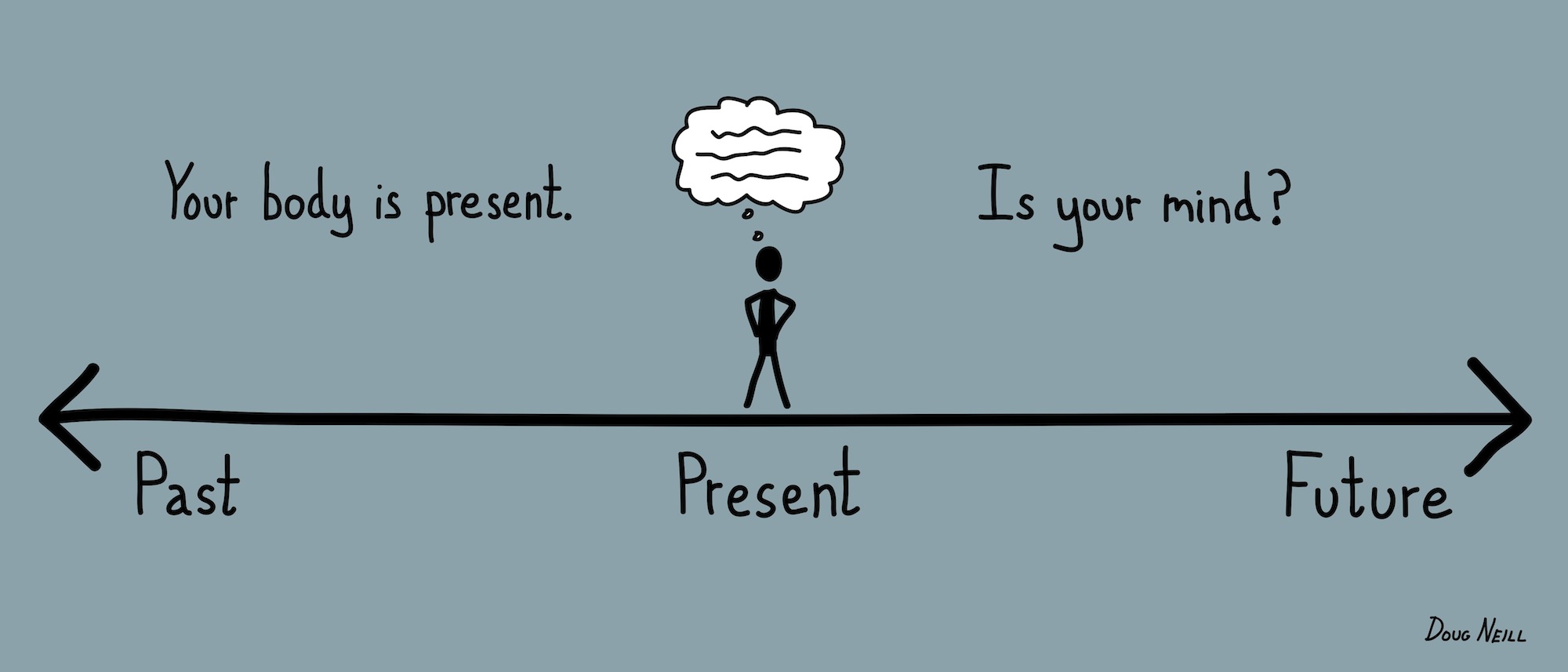
Mindfulness is on my list of new year’s resolutions and goals, to begin embracing and to understand it better. After all, with all the benefits it promises for your lifestyle and for the hope of living a joy-filled, and a less stressful life – I’m all in.
In my quest to understand it better, here are a few tips that seem to be common across all Mindful gurus and books. I thought I’ll share it with fellow readers in hopes that I could help someone else who is on a similar path/journey.
Breathe and let go of the past
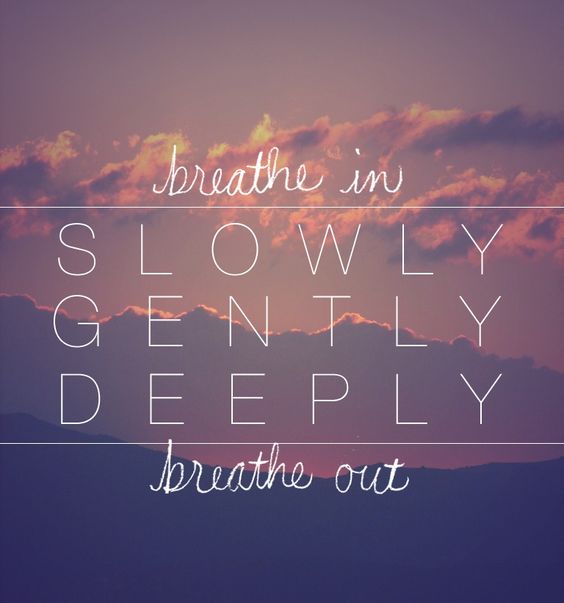
One of the hardest things to train yourself to do, is to live completely in the present. This means that whatever happened yesterday – maybe that embarrassing moment you had, or an argument you felt you could have tackled better – you need to leave it locked away in the chest and don’t revisit it ever again. In mindfulness, to revisit the past and put yourself through the agony of something that has already happened, is pure insanity. Let what has happened, pass. Focus on your day ahead and whatever it is you are doing right now. As it gets easier over time, you’ll start to feel the benefits and almost as if a weight is off your shoulders.
Pay attention to the small things
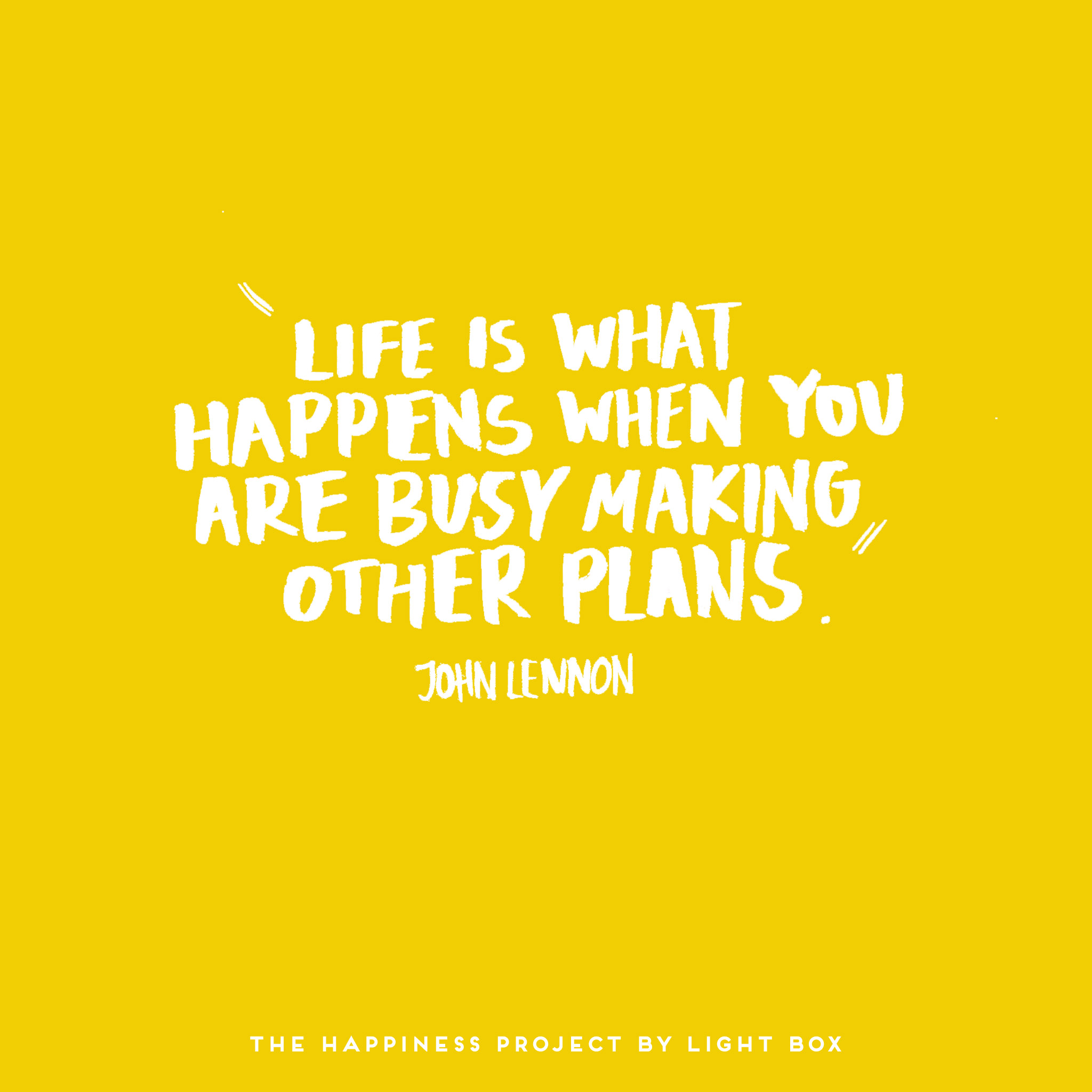
I don’t mean details of your typed message or every single detail of your outfit/makeup, I’m talking about being aware of your surroundings and stopping to smell the flowers. Look outside the window, enjoy the view of the clear blue skies, appreciate the sunny day, feel the refreshing flow of cold water down your throat in this scorching heat… listen to the birds sing in the morning… you get the idea. If at any point you find yourself beginning to worry about the past or the future, stop yourself and try to focus on your surroundings. This will help to train your mind to stay in the present, and also to appreciate positive things.
Gratitude is the way of life
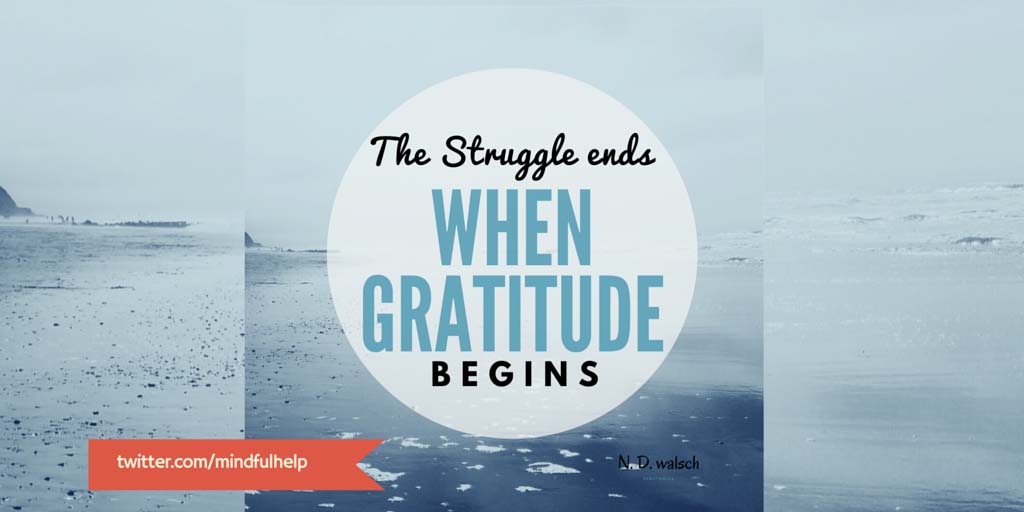
This is very different from being complacent. You’re not settling for a life that you know isn’t up to par, what you’re doing though is along the way of striving for your goals you are grateful for the good things in your life. For your friends, for your family, for your good health and everything else that is positive about your life. Don’t get lost in a vision of a future you don’t have any control over – instead look at your life right now, take stock, and realise you have it pretty good. And if your currently working towards a goal that will elevate your life, that’s great too! But until you get there, you have it pretty good.
Practice compassion and be kind
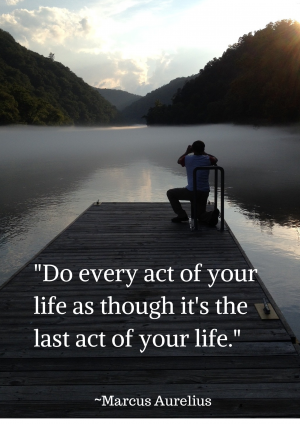
There are always people who don’t have it as good as we do. There are always those who need our help in whatever way – practice compassion, have empathy, and help those in need without expecting anything in return. Do it with the purity of your heart and knowing that in your efforts, you are helping someone else. The act itself is bigger than you, it’s a gesture that is beyond your world. It will help feed your soul and practice mindfulness of being in the present.
Everything is urgent, but not everything is important. Prioritise.
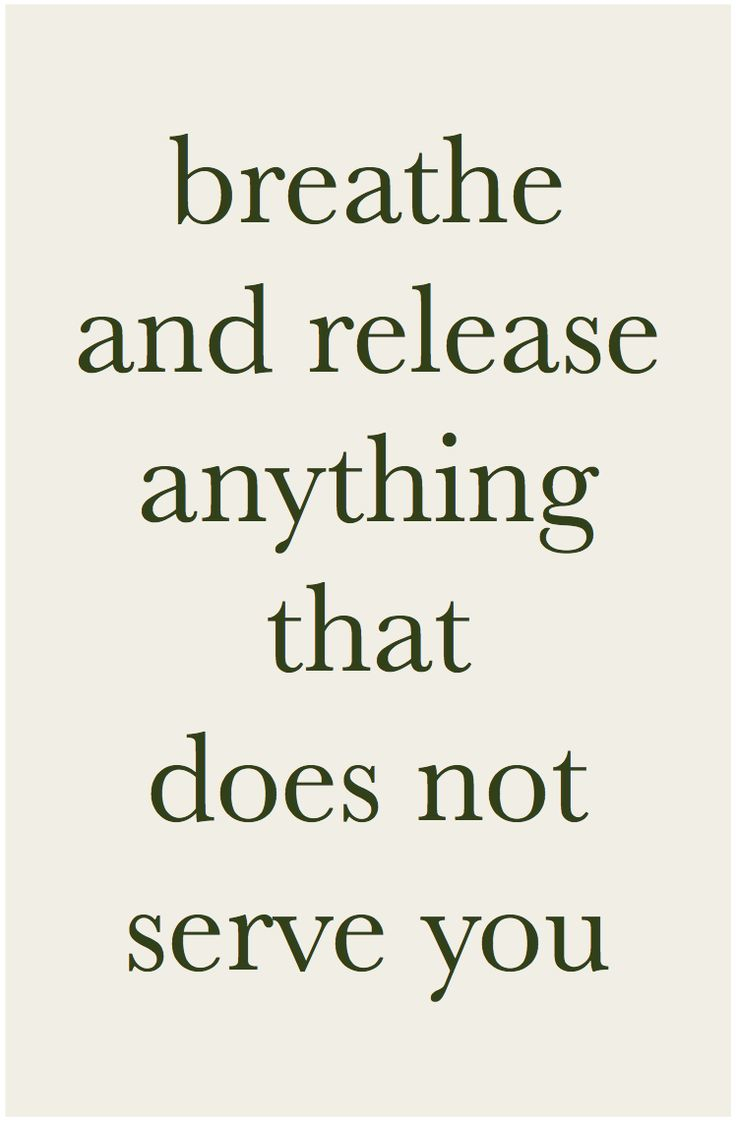
In our fast-paced world and being ever-connected, it is very easy to fall into the deep black hole and feeling overwhelmed of what is expected of you. Because of the immediacy of things these days, people will always make you feel that things need to be done NOW, you need to reply a message NOW, you need to do everything NOW. While they may have these expectations, it’s up to you to determine which of these tasks is actually important. Prioritise and know that whatever you choose to do first, is exactly what you need to be doing. Therefore, there will be no need to worry.
Switch-off for a while
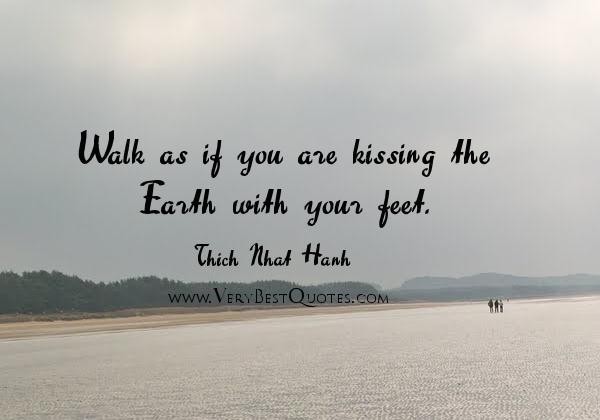
This is related to our earlier point, we’re always distracted by technology and the immediacy of our phones. A touch, a swipe, a button all results in something. To practice mindfulness, switch off your devices for awhile – this could be an hour, less or more. Either way, it gives you the opportunity to stop checking your phone all the time and to stop getting distracted. We know it’s hard but trust us, once you do it you’ll realise you actually CAN survive.
Practice active listening
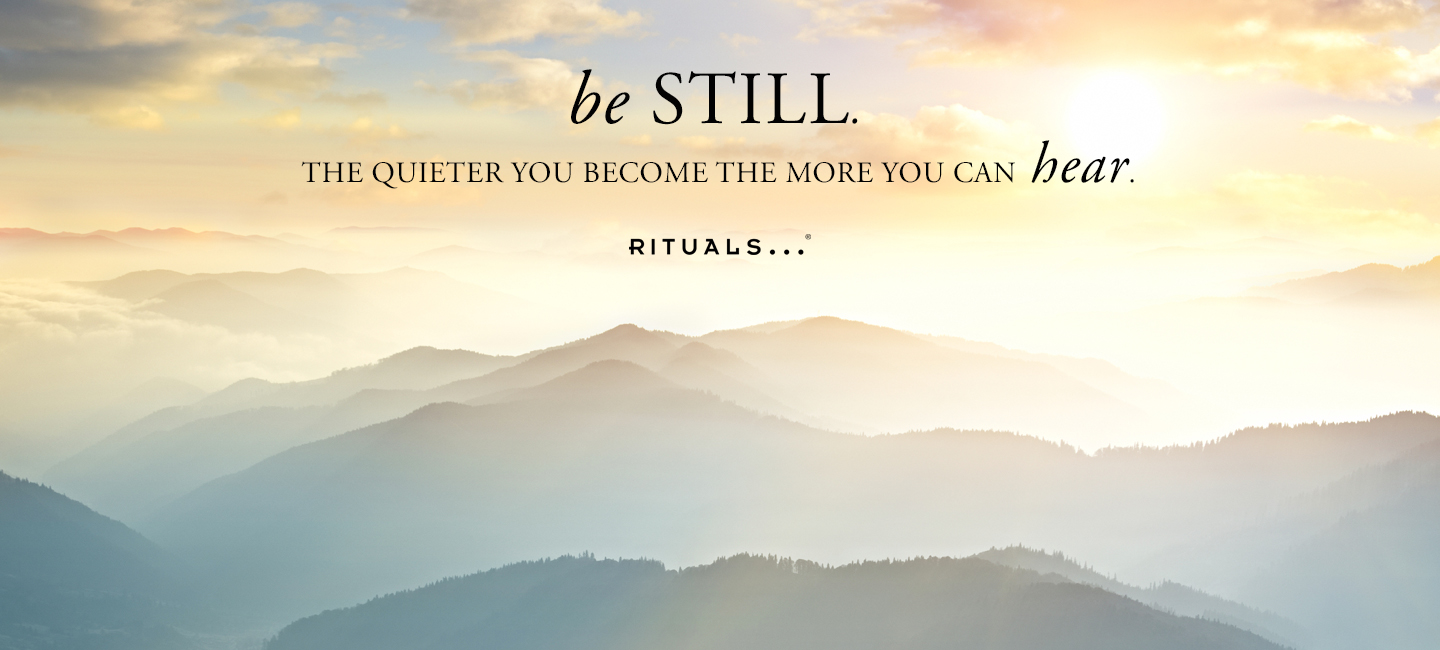
They say that most people listen not to hear you, but to be able to respond. This is very true in most cases, how many of you actively listen to really understand the position someone else is in? Or do you simply listen just so you can get your point across? By practicing active listening skills, you train your mind to tune into what others say, to try to really understand it, to practice a bit of empathy. People like it when you actively listen, it helps you retain information longer and it shows that you care.
Listen to yourself and be aware
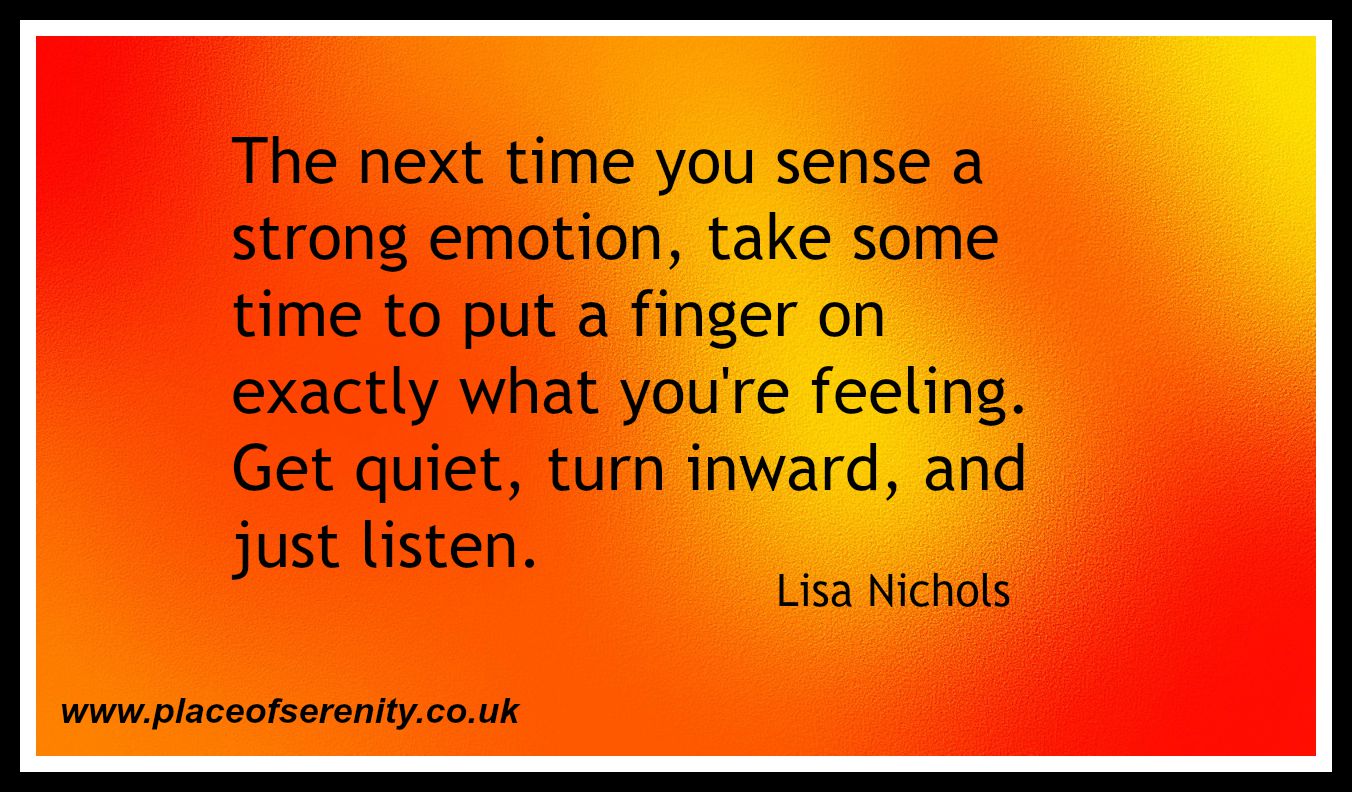
Trust your instincts, that means listening to your inner voice and having faith in it. This also means that you need to learn how to listen to yourself and be aware of your own being. How are you feeling today? What emotions are you going through? Confront them head on, accept them, and process them. Do not distract yourself from acknowledging your emotions and do not run away from them. Embrace how you feel and allow yourself to deal with it – this helps the process of healing and self-growth.
Read more and relax
You can’t go wrong with reading more. You gain knowledge, you gain perspective, and you train your mind to focus on the NOW. By reading, you tune out thoughts and distractions, and you immerse yourself in the present. Use your spare time to do hobbies that help you relax, and if reading is one of them even better!
– Cover Image: uhs.edu









